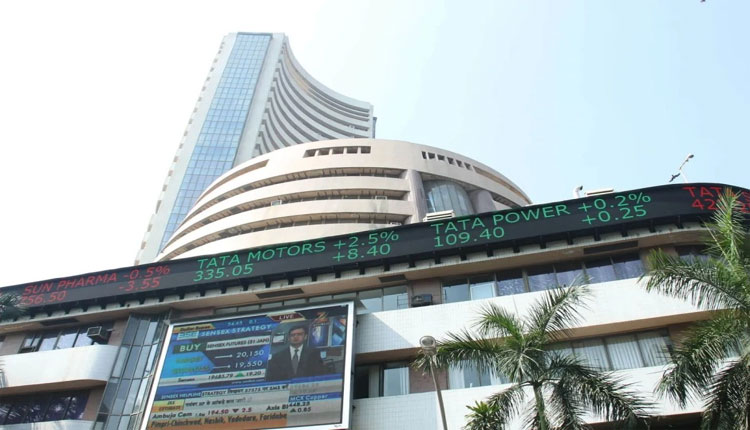New Delhi: The escalating conflict between Iran and Israel took a dangerous turn on Tuesday, with Iran launching missile strikes against Israel. As tensions rise, fears grow that the fallout from this conflict could extend beyond Israel, Iran, and Lebanon, shaking the entire Middle East. India, too, is bracing for significant economic consequences, particularly in the form of inflation and market volatility.
India, which imports over 80 percent of its petroleum needs, is particularly vulnerable to fluctuations in global oil prices. With the conflict threatening oil supplies, petrol and diesel prices in India could see a sharp increase, driving up the cost of everyday goods. India’s economy is heavily reliant on road transportation for freight, meaning higher fuel prices will likely lead to an inflationary spike affecting everything from vegetables to milk.
Rising Crude Prices
On Tuesday, the impact of Iran’s missile attack on Israel was immediately felt in the oil market. Global crude oil prices surged, with Brent crude futures rising by 3.5 percent to $74.2 per barrel. Meanwhile, US West Texas Intermediate crude jumped by 3.7 percent, settling at $70.7 per barrel.
Such spikes are a cause for concern in India, where any rise in crude prices tends to have a ripple effect across various sectors, including food and transport.
RBI’s Upcoming Dilemma
The Reserve Bank of India (RBI) is set to hold a crucial Monetary Policy Committee meeting next week, where the ongoing conflict will likely be a key factor in decision-making. With inflation fears growing due to rising oil prices, the central bank faces a tough decision on whether to cut the repo rate to spur economic growth.
The RBI is already navigating multiple challenges, including last month’s US Federal Reserve interest rate cuts and China’s $142 billion bailout package aimed at stabilising its economy. Now, the additional pressure of potential inflation from rising oil prices due to the Iran-Israel conflict adds to the complexity of the situation.
Balancing Inflation and Demand
Aside from controlling inflation, the RBI also faces the challenge of stimulating demand in India as the festive season approaches. Car sales are currently sluggish, with over ₹70,000 crore in unsold inventory sitting with dealerships. In response, car manufacturers have rolled out substantial discounts, yet demand remains weak.
Stock Market Reactions
The Indian stock market, like global markets, is sensitive to international events. Over the past three weeks, global indices have faltered, with the S&P 500 down 1.4 percent and leading tech stocks, including Apple, Nvidia, and Microsoft, registering significant declines.
In India, the stock market has felt the ripple effects of the conflict. As global investors react to the rise in crude oil and gold prices, markets have softened, with sectors like IT particularly feeling the pressure.
The geopolitical instability in the Middle East continues to shape the global economic landscape, and India is no exception. As the conflict between Iran and Israel deepens, its economic repercussions will likely reverberate across India’s inflation, stock market, and central bank policies, further complicating the country’s path to economic stability.



Comments are closed.